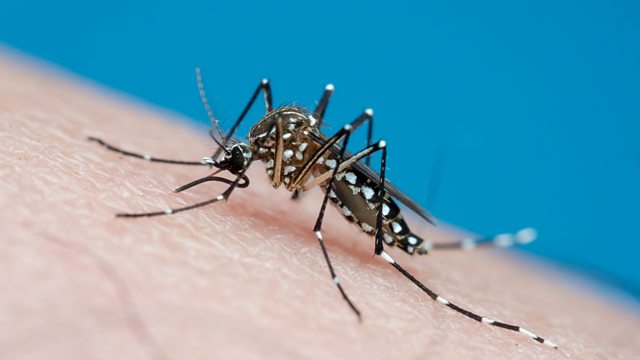The trial that has cut dengue fever cases by 77%
Scientists have discovered that releasing mosquitoes infected with a bacterium called Wolbachia causes a reduction in the potency of the dengue virus.
A trial carried out in the Indonesian city of Yogyakarta, which has about fourteen thousand dengue cases every year, has resulted in a 77% reduction in the incidents of dengue fever, and hospital admissions by 86%. Scientists have discovered that releasing mosquitoes infected with a bacterium called Wolbachia causes a reduction in the potency of the dengue virus. The bacteria compete for resources and make it much harder for dengue virus to replicate, so the mosquito is less likely to cause an infection when it bites again.
Dengue fever is a viral disease and often known as "break-bone fever" because of the severe bone and muscle pain it can cause. It was barely known fifty years ago but since then, it has spread to tropical areas all over the world, and now causes around 400 million infections a year.聽 The most serious cases need specialist, intensive care and outbreaks can easily overwhelm local hospitals.聽
Adi Utarini, Professor of Public Health at Gadjah Mada University and one of the lead researchers in the study, explains how it works and their delight at the success of the trial.
Photo: The 'aedes aegypti' mosquito that can carry dengue fever Credit: Getty Images
Duration:
This clip is from
More clips from Newshour
-
![]()
Scientists find largest ever coral
Duration: 04:45
-
![]()
Samantha Harvey wins the Booker Prize for her novel Orbital
Duration: 07:11
-
![]()
Uranus could be capable of supporting life
Duration: 03:08
-
![]()
Swapping an Epic for a Modern Master
Duration: 12:30






